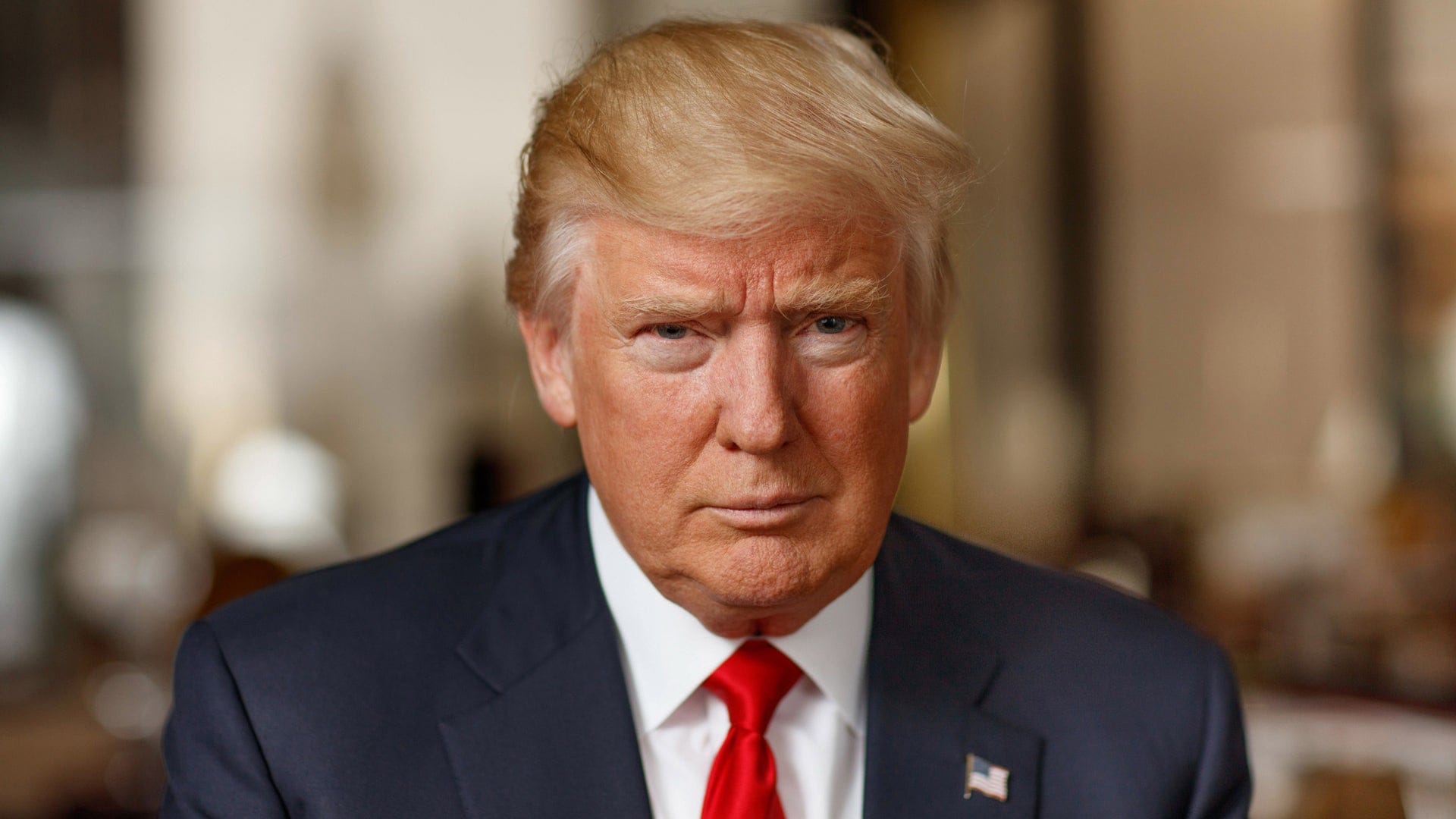In a recent speech, former President Donald Trump made headlines by suggesting that he might have to intervene concerning interest rates if current trends continue. His remarks come at a time when the economy is experiencing significant fluctuations, marked by rising inflation rates that have drawn attention nationwide. Trump’s comments signal concerns not only about the present economic landscape but also about the potential for a shift in monetary policy.
The economic backdrop for Trump’s statements includes a Federal Reserve grappling with the challenge of curbing inflation while simultaneously supporting economic growth. Over the past few years, the central bank has implemented a series of interest rate hikes in an effort to manage inflation, which has reached levels not seen in decades. This economic environment poses significant challenges for consumers and businesses alike, with higher borrowing costs impacting everything from mortgages to corporate finance.
Trump’s suggestion that he may need to force action on interest rates reflects an ongoing debate about the role of government and the Federal Reserve in managing the economy. Advocates for more aggressive measures argue that decisive action is necessary to bring inflation under control, while others caution that drastic interventions could lead to unforeseen consequences, such as a recession.
During his presidency, Trump frequently criticized the Federal Reserve’s policies, particularly when rate increases seemed likely under the leadership of former Chair Jerome Powell. Trump’s economic philosophy emphasized low interest rates as a means to stimulate growth and encourage investment. His recent comments indicate that he remains concerned about how monetary policy affects economic stability, especially in the wake of rising consumer prices.
In his recent remarks, Trump did not elaborate on the specific measures he might consider, leaving many to speculate about the implications of his statements. Some analysts interpret this as a call for more aggressive intervention, potentially suggesting a departure from traditional norms of monetary policy, which typically prioritize independence from political influence.
While Trump’s statements are significant, they also raise questions about the boundaries of presidential influence over economic policy. The Federal Reserve operates independently, and any attempt by a former president to exert influence could further complicate the relationship between the government and the central bank. This separation is rooted in the belief that monetary policy should be insulated from political pressures to ensure long-term economic stability.
The potential consequences of Trump’s interventionist perspective on interest rates could extend beyond immediate economic impacts. If Trump were to regain a platform of influence, it could signal a shift in how both policymakers and the public perceive the role of government in economic affairs. Observers have noted that such shifts could result in greater volatility in financial markets and a reevaluation of established economic principles.
Further complicating matters is the current political landscape, where the sharp divisions between parties can significantly impact policy discussions. Trump remains a prominent figure within the Republican Party, and his influence on economic discourse continues to shape debates surrounding fiscal policy, taxes, and government spending. As inflation persists, the idea of intervention in interest rate policy may attract both support and criticism from various factions within the political spectrum.
Financial analysts are closely monitoring current trends in the economy, as any significant shifts in interest rates can have far-reaching implications for investments, consumer spending, and overall economic growth. As Trump’s comments highlight, the dialogue surrounding monetary policy is not merely academic; it directly affects the financial lives of citizens and businesses.
Looking ahead, the central challenge for the Federal Reserve will remain balancing the objectives of promoting maximum employment while maintaining price stability. The board faces the difficult task of reading economic signals and ensuring that any adjustments in policy do not inadvertently trigger a downturn. Key indicators, including labor market performance, consumer spending, and global economic conditions, will heavily influence Fed decisions in the coming months.
Trump’s remarks serve as a reminder of the complexities inherent within economic policymaking as well as the varying perspectives on how best to manage fiscal challenges. While the former president may be advocating for a particular approach to interest rates, the broader discussions surrounding economic policy will undoubtedly continue to evolve amidst shifting realities.
As debates about interest rates and economic intervention unfold in the public sphere, it will be essential for stakeholders, including politicians, economists, and everyday consumers, to remain informed and engaged. The potential for significant economic decision-making at both governmental and central bank levels will undoubtedly shape the American financial landscape for years to come, making this an important agenda item for leaders and citizens alike.



